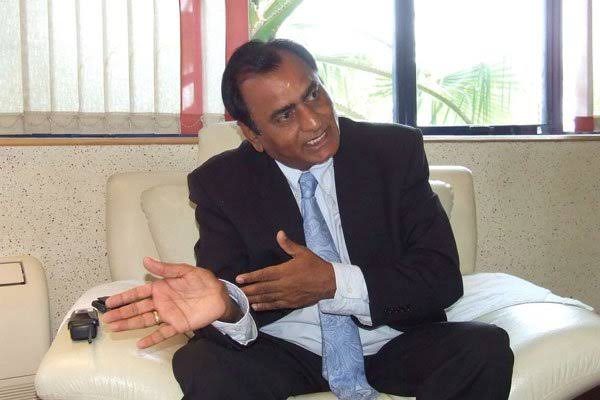For keen observers, the Indian community is fast rising to be a business behemoth in Kenya, take out Indian families from any major town and the economy of that particular region will probably tumble.
To wrap your head around the significance of this argument you simply have to refer to the expulsion of Asians from Uganda in 1972.
Former President Idi Amin unapologetically expelled Asians under the guise that they were ‘taking away the country’ from native Ugandans.
Amin, a ruthless dictator accused the Asians of “sabotaging the Ugandan economy and encouraging corruption”.
The effect of the expulsion to the country’s economy was devastating. Infact they still rue the decision.
Indians who had interests in the agricultural, automotive, real estate and retail sectors left Uganda for various countries.
Some of the businesses were grabbed by the government while the remaining ones fell into the hands of locals.
No prizes for guessing what happened to the businesses.
Kenya hopes to raise manufacturing’s contribution to the Gross Domestic Product (GDP) to 15% by 2022 and it is fair to say that the Indian Community holds the keys to that dream actually being realized.
Some of the biggest businesses in Kenya in the manufacturing sector are owned by Indians.
To name a few, Devki Group, one of the largest steel manufacturing plants in Kenya is owned by billionaire Narendra Raval.
The largest edibles manufacturing company Bidco is owned by the Shah family under the stewardship of Vimal Shah.
It would be a crime to mention manufacturing in Kenya without mentioning the Chandaria Family which owns Chandaria Industries Limited. The company deals in household sanitation products as well as recycling.
That is just manufacturing, the community is also dominant in retail and financial services.
By the same token, it is also instructive to note that the community is also dominant in the medium enterprise space.
Hordes of hardwares, electronic shops, retail outlets, and spare parts shops are also owned by Indians and this applies to virtually all major towns in Kenya.
What Makes Indians Tick
One of the biggest lessons that any Kenyan would draw from the success of Indian businesses in Kenya is how they are passed from generation to generation, but everyone knows that. What makes the businesses last generations and grow their turnovers year on year?
Mihir Shah is a third-generation owner of the Bidco empire and was always slated to end up at the top of the business ever since he was a child. He presents Kenyans with a good opportunity to learn the secrets.
Education in Line With the Family Empire
Mihir started at Bidco in 2014 after completing his studies overseas. He had always wanted to join his family in running the business in Kenya and had ideas of starting new ventures and product lines.
He attended the prestigious Columbia Business School, New York in the United States where he acquired the professional skills and theoretical aspects he needed to bring fresh ideas to Bidco.
New Ideas
In an interview with PwC in 2018, Mihir said that working for the family business allows him the freedom to be creative and do more to enrich what is already going on. He is currently overseeing the strategy, innovation, sales and marketing departments at Bidco, focusing on Kenya and the export market.
“Bidco has always been associated with edible oils. From the start, I was keen to innovate and introduce other products,” said Mihir.
The younger Shah wants to give customers more choice by diversifying the product mix into a wider array of beverages, foods and snacks.
Discipline
In order to ascend to the position that he currently holds, Mihir had to earn the trust of his father who earned the trust of his father (Mihir’s grandfather). He can now be trusted with the implementation of new ideas but that only came when he proved that he can remain grounded and work towards the vision.
Indians are also known to be sticklers for time and report to work by 8 am, not a minute late and close their businesses at the stipulated time.
Professionalism
Some Indian businesses start as small entities before becoming very big businesses. A good example of this would be Dawa Group, one of the biggest medicine manufacturing companies in Kenya.
The company was founded twenty-five years ago by Dr Raju Mohindra (a radiologist), his wife Reema (management expert) and his friend Dr. Ajay Patel (a professional pharmacist).
At the time the company was a medicine distributor known as Medisel (Kenya) which sourced its drugs from China and India.
At the moment, Dr. Mohindra is the group’s chairman, Reema is the Chief Financial Officer while Dr. Patel is the operations officer. The company currently employs 500 people.
But as the company was growing the three felt the need to bring on board external managers to inject a dose of professionalism in the business and that decision has been vindicated by the company’s growth.
Many business owners in Kenya tend to shy away from bringing in experts leading to stagnation and are eventually overtaken by competitors.
Values
Finally, various Indian business leaders insist that Indians instill values in their children from a very early age making them ready when they come of age.













Leave a comment